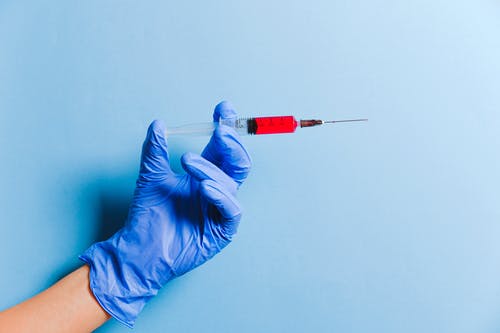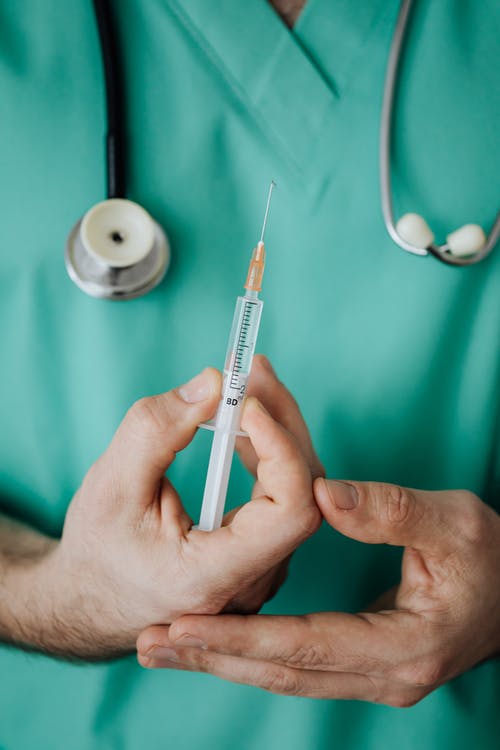An addiction vaccine could be the answer when other treatments fail.
Almost fifty years ago, a group of Chicago researchers claimed they had created a vaccine that would work against drug addiction. Scientists provided a rhesus monkey with heroin and cocaine until it became addicted. They then injected the animal with a compound made to encourage its immune system to fight addictive drugs as if they were pathogenic invaders, and the monkey stopped drug seeking altogether. The team published their findings in the journal Nature in 1974.
All of these years later, the Food and Drug Administration (FDA) has yet to approve any addiction vaccine. This is despite millions in testing over the years and the promising results witnessed in the ‘70s. Now, scientists at a new University of Washington research center are beginning a clinical trial to further the research.
“What I’m hoping to achieve is pretty much every year, we’re going to start a new clinical trial,” said Professor Marco Pravetoni, recruited from the University of Minnesota to lead UW Medicine’s new Center for Medication Development for Substance Use Disorders. The team has raised more than $2 million in initial funding.

The current drugs of choice to fight addiction include methadone, suboxone, and buprenorphine, which all prevent cravings and ease withdrawal symptoms. The problem is that methadone and suboxone can be addictive themselves, and these medications have to be taken regularly (usually every day). They also require a prescription and/or visit to a specialized clinic.
An addiction vaccine would help the body to produce antibodies that recognize a drug and prevent or slow it from reaching the brain, according to scientists. Moreover, vaccines don’t require a daily commitment and generally don’t require a prescription. Individuals would only need to get a shot every so many months or once a year, making it must easier to commit to the treatment.
“[Existing medications] don’t work for everyone. And a lot of people don’t stay on them in the long term,” said Rebecca Baker, director of the National Institutes of Health’s Helping to End Addiction Long-term Initiative, which funded Pravetoni’s work. “Would the outcomes be better if we had more options?”
Pravetoni and other researchers in New York and New Jersey are currently leading the first opioid vaccine trial in humans and plan to enroll 45 people to test a vaccine against oxycodone.
“UW’s new center will build on this research and prior animal studies on other drugs like fentanyl and heroin,” he said. Pravetoni estimates it will take more than $200 million to $300 million to get a vaccine to market, but he refused to let that stop him.
There will inevitably be obstacle to overcome and there is also no guarantee that the researchers will find the solutions they’re looking for. Case in point –the nicotine vaccine. All clinical trials showed participants receiving a king at the same rate as those who received a vaccine. Thus, they all failed.
However, with no good options for combating certain addictive drugs, it’s worth a shot. Jürgen Unützer, professor and chair of the department of psychiatry and behavioral sciences at the University of Washington School of Medicine, said, “We have other addiction problems like methamphetamine addiction…and there are really virtually no treatments.”
“[Researchers] are trained to overcome adversity,” Pravetoni said. “I don’t give up.”
Late-fall last year, Columbia University also announced it was in the midst of a clinical trial for an experimental vaccine to be tested in the United States for treatment of opioid use disorder.
Sources:
To fight opioid crisis, UW researchers take new shot at developing vaccine against addictive drugs
Changes in heroin self-administration by a rhesus monkey after morphine immunisation


Join the conversation!